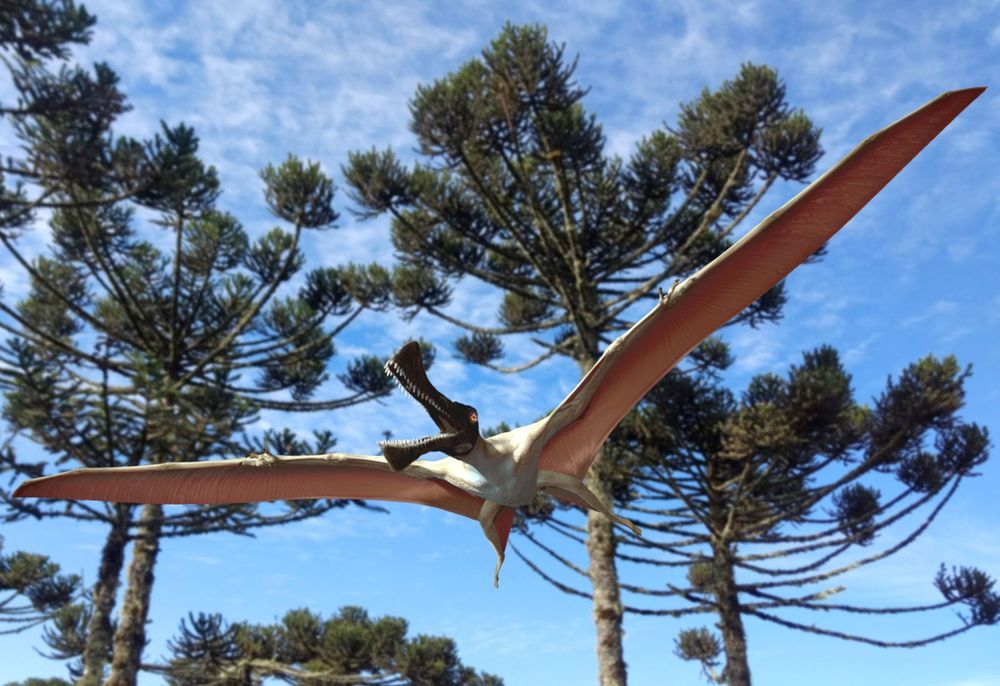The idea that humans should merge with AI is very much in the air these days. It is offered both as a way for humans to avoid being outmoded by AI in the workplace, and as a path to superintelligence and immortality. For instance, Elon Musk recently commented that humans can escape being outmoded by AI by “having some sort of merger of biological intelligence and machine intelligence.”1 To this end, he’s founded a company, Neuralink. One of its first aims is to develop “neural lace,” an injectable mesh that connects the brain directly to computers. Neural lace and other AI-based enhancements are supposed to allow data from your brain to travel wirelessly to one’s digital devices or to the cloud, where massive computing power is available.
For many transhumanists, uploading is key to the mind-machine merger.
Perhaps these sorts of enhancements will turn out to be beneficial, but to see if this is the case, we will need to move beyond all the hype. Policymakers, the public, and even AI researchers themselves need a better idea of what is at stake. For instance, if AI cannot be conscious, then if you substituted a microchip for the parts of the brain responsible for consciousness, you would end your life as a conscious being. You’d become what philosophers call a “zombie”—a nonconscious simulacrum of your earlier self. Further, even ifmicrochips could replace parts of the brain responsible for consciousness without zombifying you, radical enhancement is still a major risk. After too many changes, the person who remains may not even be you. Each human who enhances may, unbeknownst to them, end their life in the process.







